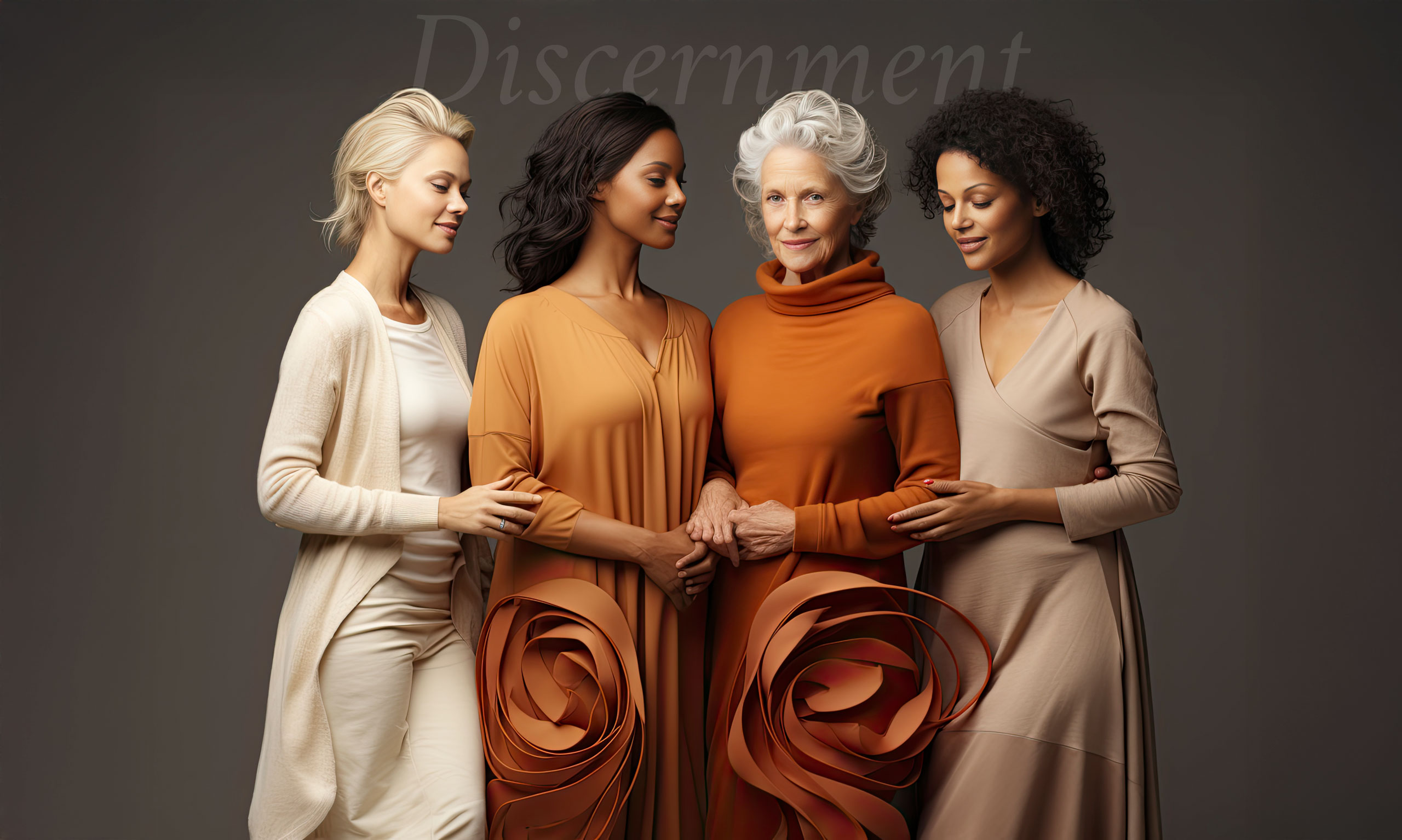The Complicated Truth About Monetizing Menopause
Let’s talk about it. Menopause. Midlife. The "hot new market."
With more than 1 billion women expected to be in perimenopause or postmenopause globally by 2025—and with women over 40 making up one of the largest consumer demographics in developed countries—it’s no surprise that the market has caught on. Cue the documentaries, podcasts, supplement brands, hormone therapy startups, and glamorous wellness collabs led by women we’ve trusted in our living rooms for decades.
From the outside, it might look like progress. We’re finally talking about menopause, right? Finally shedding light on something that was hidden in the shadows for too long.
But here’s the thing: We’re still not getting the whole picture. And what we are getting often feels more like a marketing campaign than a movement.
For centuries, women’s health has been neglected in medical research—dismissed as “hysteria,” underfunded, underresearched, and misunderstood. Even today, most clinical studies are still based on male bodies. So while we finally have some momentum around menopause, we’re still piecing it together in the dark. In truth, it’s not that we used to trust and can’t anymore—it’s that we never had enough data to begin with.
At the same time, we live in an age of information overload. Everything is one Google search away. Open tabs on brain fog, hormone replacement, herbal remedies, a half-watched TED Talk, two bookmarked Substack articles, and that reel your friend DMed you—”This changed my life!” And when you’re navigating brain fog, poor sleep, unpredictable moods, and the reality of two jobs and a side hustle—it’s not exactly easy to filter through medical journals and fact-check influencers.
And that’s where it gets sticky. Because when we’re exhausted and desperate for answers, we want someone to make it easy. We want a beautifully produced docuseries, a trusted voice with 30 years on our screens, a celebrity-endorsed plan to help us feel better. I get it.
I’m a slow reader. I don’t skim. I avoid long medical articles packed with jargon that make me feel like I missed the prerequisite biology course for womanhood. Like many of you, I want to trust the curated version.
But here’s what concerns me: When the people giving the advice are financially tied to the solutions they’re promoting, we have to pause. When the experts behind the scenes are funded by pharmaceuticals. When the supplements being recommended happen to be owned by the same influencer pushing them. When the series that claims to empower us also stands to profit from our confusion.
That’s not education. That’s marketing.
And I say this with love and some lingering heartbreak because yes—Oprah’s new series triggered this reflection. My Oprah-loving heart wants to believe it came from a place of education. But after reading pieces like Dr. Jen Gunter’s recent article exposing some of the misleading claims and behind-the-scenes partnerships—it left me right back where I started: Distrustful. Discouraged. Googling things on my own.
It feels especially frustrating when these messages come from people who already hold enormous influence and wealth—because they have the power to prioritize education over monetization.
What’s the solution? I don’t have a perfect one. But here’s what I know:
We have to take responsibility for our own education. Yes, that’s hard when time and energy are already maxed out. Yes, it’s annoying when the trustworthy sources are buried in footnotes or behind paywalls. But we are the ones living in these bodies. We have to ask better questions. We have to stay curious.
And maybe most importantly: We have to get better at discerning who’s speaking from lived experience, who’s truly invested in women’s health, and who’s just capitalizing on a trend.
There are people doing amazing work in this space—doctors, educators, coaches, researchers—who are here to share real, nuanced insight without selling you a solution at the end. Let’s amplify them.
Let’s also remember: menopause isn’t a problem to solve. It’s a transition to be supported through—with information, care, and community.
And that’s where real magic happens: in community. When women gather and share their stories—without offering advice or pushing products—we provide different perspectives and lived experiences that help each other feel seen, heard, and less alone.
So no, this post isn’t about shaming anyone for monetizing their knowledge or offering solutions. I’m a coach. I support women through the emotional and energetic terrain of midlife without pretending there’s a one-size-fits-all answer—because there isn’t. I help them find their rhythm, not mine. I get paid for what I do. But there’s a difference between supporting women with integrity—and selling to women in crisis.
Let’s keep lifting the veil. Let’s stay discerning. Let’s keep learning, even when it’s hard.
If you’re tired of Googling in the dark and just want real conversation, safe connection, and grounded support—come sit with us in the Wild Women Collective. It’s not a sales funnel. It’s a circle, where your experience is valid, your questions are welcome, and your story belongs.
If you loved the series—great. Let it be a spark, not the whole fire. Just keep asking questions.


